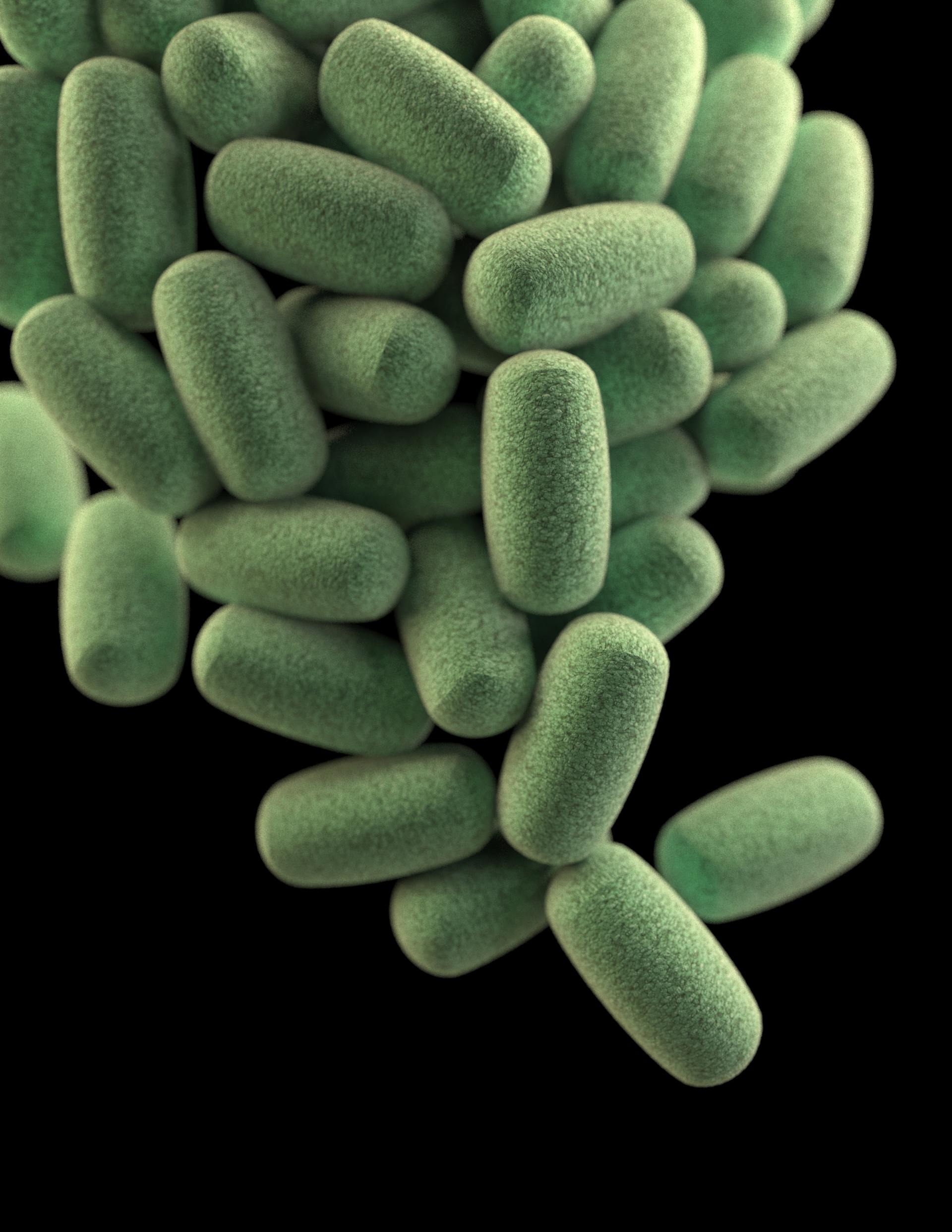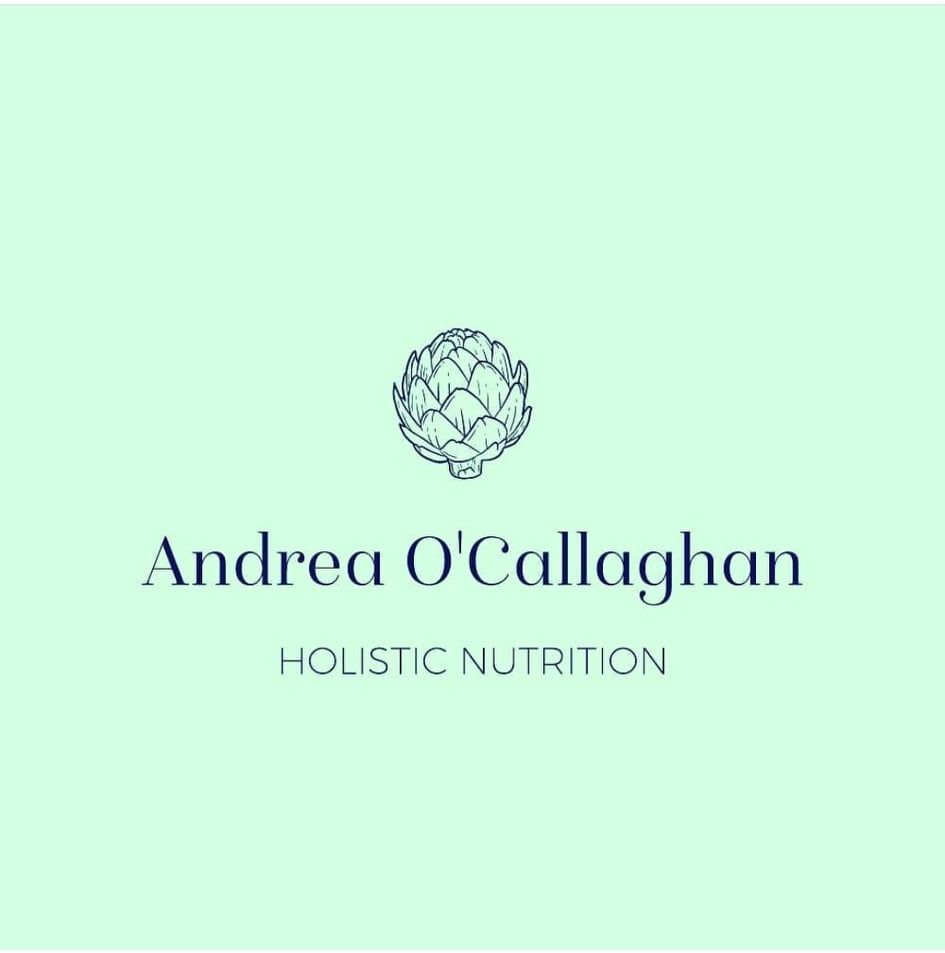Exercising for Gut Health
Apart from healthy eating habits, some exercises can help improve your gut health
Digestion is the process of breaking down food that we eat for energy and nutrition. It is one of the most important functions performed by the body and at times we often take this for granted. Healthy digestive system not only helps to eliminate toxins but also keeps your stomach light and detoxed. Indigestion, constipation, irregular bowel movement and other digestive disorders can take a toll on the overall health of the body and may have a negative impact on your other organs as well. Poor digestion is linked to low energy levels, being uncomfortable all the time, disrupted bowel movements, stress, poor gut and liver health, and can even lead to weight gain. Apart from healthy eating habits, some exercises can help improve your gut health as well.
Check out this stat: A recent study, in which participants worked out for 30 minutes, three days a week, for six weeks straight, showed that many participants experienced an increase in certain microbes in the gut that help reduce the risk of inflammatory diseases as well as type II diabetes.
The trick is, you need to do the right type of exercise to grab those endorphins with a side of gut-healthy benefits—otherwise you could actually end up hurting your microbiome situation more than helping it. Here’s how:
1. Opt for low intensity and low impact work
If gut health is one of your top wellness goals or if you’re dealing with GI issues, mix easy-on-the-body modalities into your workout schedule. Why? High-intensity circuits aren’t just hard on your hamstrings and quads, they’re tough on your gut.
During a high intensity workout, on a mechanical level, blood flow is shifted from your digestive tract to your muscles in order to power you through. That means, as the sweat starts to pour down your face while you’re crushing burpees, your digestive system is slowing down, which can cause problems after your workout is over.
If a slow digestive system becomes a persistent issue for you (read: constipation), low-intensity exercise—alongside your favorite digestion-aiding probiotic—can help get things going again. Low intensity exercise can positively affect the gastro-intestinal tract by reducing transient stool time (i.e. help you pass a bowel movement more quickly than if you were sedentary).
Instead of doing heart-pumping sets for an hour, you try something like lifting weights at your own pace. Traditional strength training is a great idea for so many reasons, gut health being one of them. Or enjoy a podcast on a long walk. Bonus points if you can get out in nature, which is a known stress reliever.
2. But don't skip HIIT entirely
Other than the energy and mood boost, high-intensity work can have major gut-health boosts—that is, when you’re not experiencing GI problems.
A heart-pumping set of burpees, squats, and box jumps can cause inflammation, which is why too much HIIT can be problematic for people with gut issues. But if you're already taking a high-quality probiotic, a little bit of inflammation can actually be beneficial.
Your body’s attempt to mitigate this inflammation contributes not only to increases in performance, but boosting the immune system. Keep in mind that 80 percent of your immune system is found in the digestive tract; it’s not hard to make the correlation of how this might have an effect on your gut microbiome.
3. Bring mindfulness into your workouts—no matter how you exercise
To recap, we're supposed to dial down the intensity (but not completely stop exercising), and sometimes still do HIIT (just not too much). So how exactly does that translate to a week of workouts?
An ideal program for someone looking to optimize their gut health is two days of resistance training, two days of yoga, and a long hike on the weekend. Throw in a daily probiotic supplement
like Renew Life's Ultimate Flora Women's Care Probiotic 25 Billion (which packs high culture counts and multiple probiotic strains) to get your gut health back on track.
Then, invite mindfulness into your exercise routine to help you keep tabs on whether it's working, and whether your gut can tolerate introducing more days of higher intensity exercise.
Above all, gut-health-focused fitness is all about a positive mindset. If you’re experiencing gut issues, make sure you are looking forward to your workouts and not dreading them, as stress will exacerbate GI problems. Consider this your science-rooted excuse to only do the workouts you love (and to skip the ones you don't).
These exercises can help aid in digestion and may even cut down belly fat:
1. Brisk walking
Walking is one of the simplest exercises to include in your workout regime. Brisk walking for around thirty to forty minutes daily keeps you away from digestive problems and other medical conditions. It stimulates the intestinal contractility, helping with the passage of stool through the colon.
2. Cycling
A bike ride is also quite effective in the smooth functioning of the digestive system. Not only gut health benefits, but cycling helps in reducing belly fat.
3. Crunches
This ab workout focuses on the abdominal muscles to bring back the digestive system on track. You can try different variations of this exercise, like vertical leg crunches, long arm crunches and reverse crunches. Sit-ups or crunches are one of the best exercises for healthy digestion. Core muscles and muscles in your abdomen strengthen the bowel movement and intestines. They also help in preventing digestive issues like gas or bloating. Even better, this exercise can also help you lose belly fat and get those flat abs!
4. Yoga
Some yoga poses like the boat pose, child's pose, standing forward bend, downward and upward dog, triangle pose and bow pose are great for improving digestion and losing belly fat. They help stretch and relax the abdominal muscles and avoid problems like bloating and acidity. Yoga can also help you reduce stress which is another factor that causes digestive issues.
5. Breathing exercise
You might not be aware of this but even this simple exercise of breathing can affect your digestion. Proper breathing patterns could help aid in problems like heartburn and bloating. All you need to do is sit up straight and practice breathing deeply and slowly, in and out, using your belly muscles. This can help you relax and thereby manage your stress levels as well.
So start from where you are at with your current exercise regime...and just do it!



